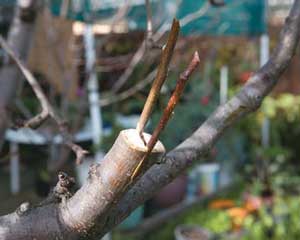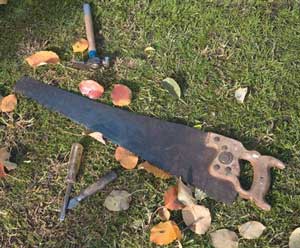
Here are three fantastic ways to get the most use from the water runs through your pipes, off your garden or down from the sky
Greywater
We flush our toilets with the world’s best drinking water! Every week, in every neighbourhood, thousands of litres of fresh water used in washing machines, dishwashers, toilets and kitchen sinks go to waste. On average, this equates to about 1000 litres of water per hour wasted by each household. with a few simple changes, you can easily save some of this water.
Greywater does not have to go down the drain. Suitable filters can be used to remove soap scum before the water is put to use on garden beds. Pumping greywater back into a special storage tank and reusing it in the toilet can achieve huge water savings, too. Diverting greywater straight to your lawn areas will ensure green grass during the peak of summer.
Greywater with a high content of nitrogen and phosphorous is great to use on lawn areas.
Build a natural irrigation system
Capturing run-off water from raised vegetable garden beds is like capturing water from a self-made spring, a survival technique many should consider during any drought period.
To achieve this, use sleepers to build and support a raised garden bed. On the outside, dig a hole about 300mm deep next to the wall at the lowest part of the garden.
Water used on the garden bed will seep into the soil and drain to the lowest point in the garden, which should be where the hole is dug next to the retaining wall. Scoop the water into a bucket and use it as required.
Note: The water collected is also a good fertiliser thanks to all the nutrients from the garden bed.
If you have young children, make sure you cover the hole with a grate or something similar to avoid any nasty accidents.
Turn an unused swimming pool into a water catchment
If a swimming pool is no longer in use because the kids have left home and it’s too much hard work and too expensive to maintain, don’t fill it with sand — start using it to capture rainwater for the garden. Turn it into a water catchment to service your flowers, vegetables and productive trees.
Position potted plants around the pool so they can absorb moisture evaporation from it, keeping them fresh and hydrated during the long, hot summer months.
If you do still use your pool for swimming, remember to cover it when it’s not in use to stop the water from evaporating.
Here are a few more suggestions on how to save water and clean up and conserve our environment.
- Create a depression or pond in the garden for water to run into and be collected, rather than go down a stormwater drain.
- Plant indigenous edible plants that don’t require a lot of watering.
- Next time you harvest your vegetables, wash them outside over your vegetable patch instead of at the kitchen sink.
- Lots of plants and vegetables (such as cucumbers, which are 95 per cent water) lose water through evaporation, so water your fruit trees and vegetables in the early morning when it’s cooler instead of the middle of the day.
- Use a broom or rake to remove leaves and debris from garden paths — not the garden hose.
- Cut down on watering by applying layers of mulch to your garden beds and around your fruit trees to help retain the moisture.
- Install a water tank during the winter months to capture thousands of litres of water, which will provide several weeks of free water for gardening use.
- Divert overflow pipes from water tanks to the garden and lawn area.
- When you cook vegies in water, cool it and pour it on the garden instead of down the sink.
- Put a bucket in the shower to collect the water that would be wasted waiting for it to heat up.
- Position buckets around the garden to catch rainwater.
- Repair dripping taps and leaky hoses.
- Turn off the second wash cycle on your washing machine.
- Make sure sprinklers are working properly, facing the right direction and not over-spraying.
- Reduce watering cycles on automatic timers — most are set for too long a cycle, causing excessive water runoff.








